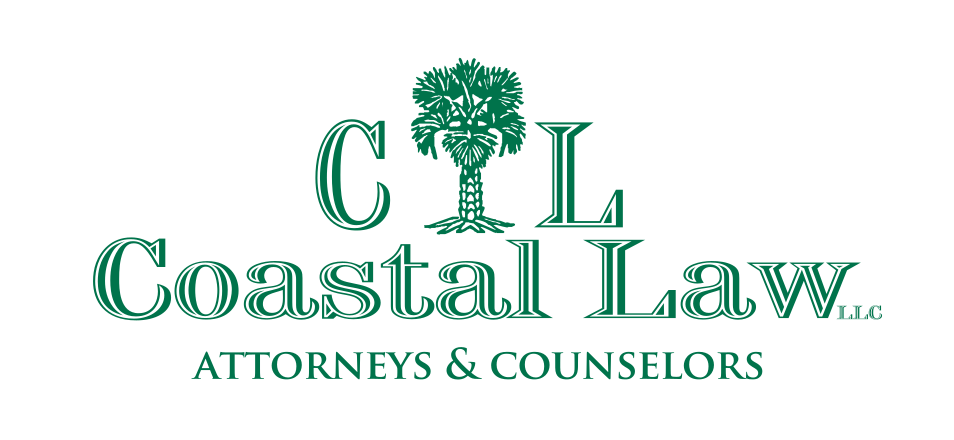Contributing to the delinquency of a minor in SC is a fairly common charge, but what does it really mean? When are people charged with it, and how can you avoid it?
The definition of contributing to the delinquency of a minor in SC is vague, subject to interpretation, and can result in an unexpected criminal case if you are not cautious about what you do and say around minors.
If you spend time around children or teenagers, or if you have friends who are under the age of 18, you should know what SC law says about contributing to the delinquency of a minor and how to avoid being arrested and charged with what may be an awkward and embarrassing crime that could result in prison time…
If you have been charged with contributing to the delinquency of a minor in SC or believe you may be under investigation, call your local criminal defense attorney at Coastal Law before you talk to police or answer any questions.
What Does the Law Say About Contributing to the Delinquency of a Minor in SC?
Contributing to the delinquency of a minor in SC makes it a crime to encourage a minor to break the law, but it covers much more than that…
You could also be arrested and charged with contributing to the delinquency of a minor if you encourage a minor to disobey their parents, skip school, leave home, curse, beg for money, or if you expose the minor to “immoral or vicious persons.”
SC Code Section 16-17-490 says that it is a violation of the law “for any person over eighteen years of age to knowingly and wilfully encourage, aid or cause or to do any act which shall cause or influence a minor:”
(1) To violate any law or any municipal ordinance;
(2) To become and be incorrigible or ungovernable or habitually disobedient and beyond the control of his or her parent, guardian, custodian or other lawful authority;
(3) To become and be habitually truant;
(4) To without just cause and without the consent of his or her parent, guardian or other custodian, repeatedly desert his or her home or place of abode;
(5) To engage in any occupation which is in violation of law;
(6) To associate with immoral or vicious persons;
(7) To frequent any place the existence of which is in violation of law;
(8) To habitually use obscene or profane language;
(9) To beg or solicit alms in any public places under any pretense;
(10) To so deport himself or herself as to wilfully injure or endanger his or her morals or health or the morals or health of others.
The person charged with contributing to the delinquency of a minor must be over 18 years of age, and their actions must have been “knowing and willful.”
When Do Police Charge Someone with Contributing to the Delinquency of a Minor in SC?
The acts prohibited by SC’s contributing to the delinquency of a minor statute are vague and ambiguous enough to cover just about anything an adult does that could be potentially harmful to a child or teenager.
Consider the prohibition against encouraging a minor to “associate with immoral or vicious persons.” Who decides what is immoral or whether a person is “vicious?”
A cautious or over-protective parent may decide that their child’s older friend Johnny is immoral and vicious because they don’t like how Johnny talks, Johnny’s religion, the way Johnny dresses, Johnny’s sexual orientation, Johnny’s skin color… Does the parent decide what is immoral? The police detective on the case? The judge or the jurors?
In most cases, contributing to the delinquency of a minor charges are investigated at the request of a parent or guardian who is concerned about negative influences on their child. How can you avoid this?
- Do not “hang out” with minors if you are over the age of 18.
- If you do have friends who are minors, get to know their parents and be sure that you have the parents’ approval for wherever you go and whatever you do with their child.
- If you use drugs, drink, or engage in other activities that may be illegal or seen as “immoral” by a parent, do not hang out with minors or involve them in your activities…
As a practical matter, police will usually avoid charging people with the more ambiguous and possibly unconstitutional provisions of the contributing to the delinquency of a minor law and only charge people for obvious violations like:
- Giving drugs to a minor;
- Buying alcohol for a minor;
- Involving a minor in drug sales;
- Encouraging sexual “misconduct” – which may also result in more serious charges;
- Encouraging violent and risky behavior such as initiating a minor into a gang; or
- “Running away” with a minor or harboring a minor who has run away from home.
Despite this, the statute covers and you could be charged for conduct that may seem minor and ridiculous – for example, what if a parent decides that you have somehow encouraged their child to be “incorrigible or ungovernable or habitually disobedient and beyond the control of his or her parent?” What if a police officer and prosecutor agree with the parent?
What are the Penalties for Contributing to the Delinquency of a Minor in SC?
The maximum penalty for contributing to the delinquency of a minor in SC is three years in prison.
Although you could receive pretrial diversion, a fine, or probation if you are convicted and you do not have a significant prior criminal record, you could also be sent to prison for three years – it is in the judge’s discretion and judges are often swayed by the opinion of an angry parent…
SC Criminal Defense Lawyers in Conway and Myrtle Beach
If you have been charged with contributing to the delinquency of a minor in SC, if a parent is threatening to have you charged, or if the police want to question you, contact the South Carolina criminal defense lawyers at Coastal Law now at (843) 488-5000 to find out how we can help. You can also fill out our online form to set up a free consultation.


